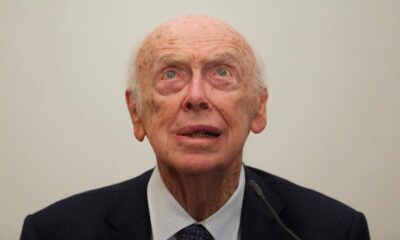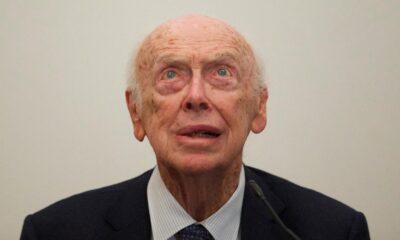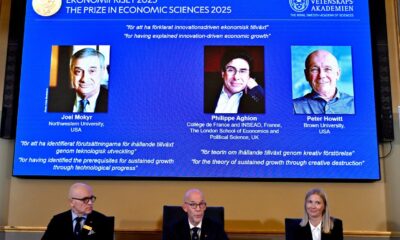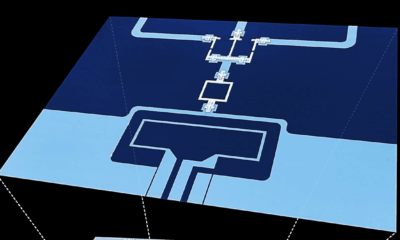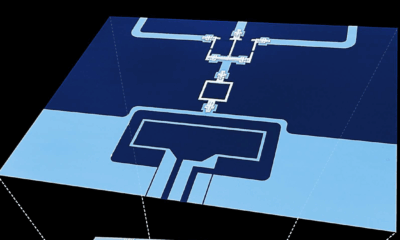Science
Nobel Prize Recognizes Pioneering Research in Quantum Technology
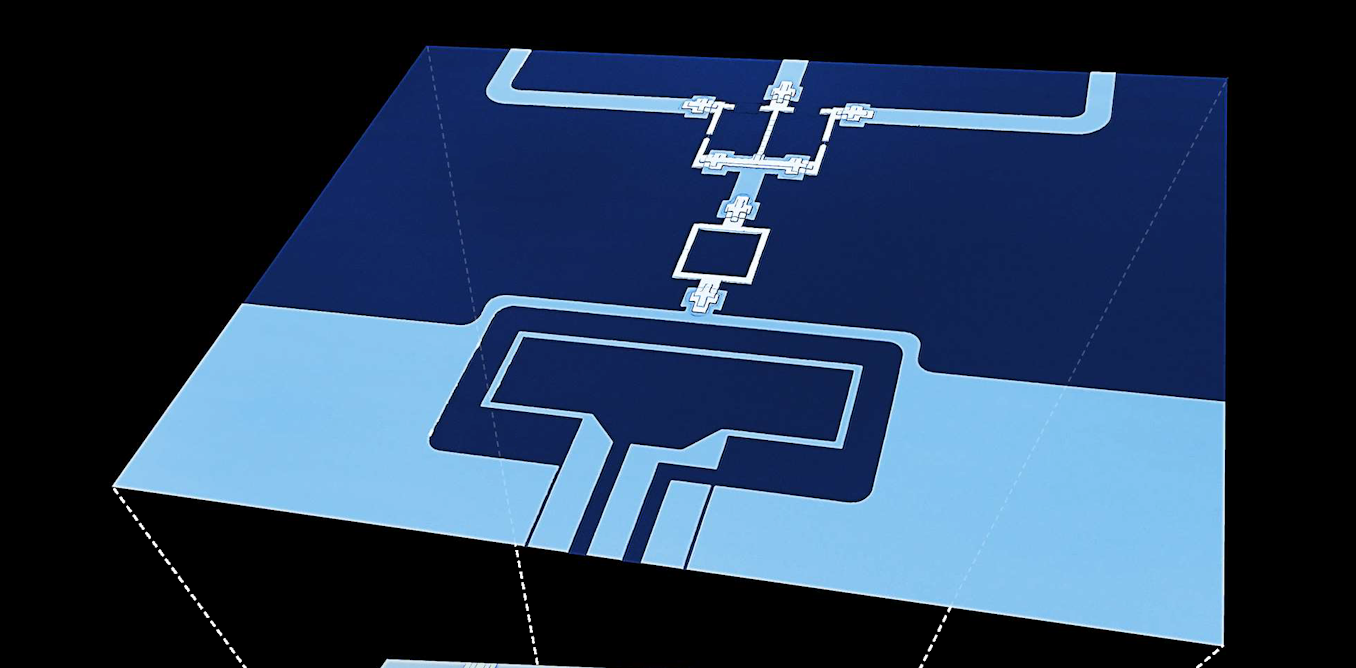
The Nobel Prize in Physics for 2025 has been awarded to three scientists for their groundbreaking research in ultracold electronics, which has propelled the field of quantum technology forward. The laureates, John Martinis, Michel Devoret, and John Clarke, were recognized for demonstrating that quantum effects can persist in large electrical circuits, a discovery that has laid the foundation for practical applications in quantum computing.
Quantum mechanics explains the unusual behavior of microscopic particles, and harnessing these principles for computation opens avenues for solving complex problems across various fields, including chemistry and cryptography. Traditional computers struggle with such tasks due to their limited processing capabilities. The advances in quantum technology are not merely theoretical; they promise to revolutionize the way calculations are performed by utilizing the unique properties of quantum systems.
Revolutionizing Quantum Circuits
The pivotal work of Martinis, Devoret, and Clarke began in the 1980s when they investigated superconducting circuits made from niobium and lead. Cooling these materials to near absolute zero transforms them into superconductors, which can carry electrical currents without heat loss. Their research confirmed that these circuits follow the laws of quantum mechanics, exhibiting quantized energy levels and the ability to exist in superpositions of multiple states.
Their findings established that superconducting circuits could be understood as single quantum particles, which significantly enhances their utility in quantum technology. Today, these circuits are not only used for fundamental research but also for practical applications such as simulating physical systems and developing advanced sensors.
For example, the Devoret group recently created a highly efficient microwave amplifier based on a superconducting circuit, demonstrating the technology’s versatility. Similarly, the Martinis group has employed superconducting circuits to emulate groups of electron-like particles, a vital technique in fundamental physics research.
Quantum Computing and Future Prospects
Superconducting circuits play a crucial role in the development of quantum computers. In quantum computing, systems are designed to manipulate quantum bits or qubits, which can represent both 0 and 1 simultaneously due to superposition. The power of quantum computing lies in the ability of multiple qubits to become entangled, allowing them to function as a unified system.
To be effective, qubits must possess coherence, controllability, and scalability. Superconducting qubits strike a balance among these requirements, making them particularly appealing. Researchers can modify the design of superconducting circuits to achieve desired qubit behaviors, offering predictability and reliability.
Academic institutions and industry are actively collaborating to push the boundaries of this technology. Research groups continue to innovate new types of superconducting qubits while addressing challenges related to coherence and scalability. Companies and government laboratories are leveraging these academic advancements to engineer large-scale quantum processors, paving the way for practical applications.
The impact of the Nobel laureates extends beyond their initial discoveries. Martinis has played a significant role in leading quantum processor initiatives at Google and has founded his own company, while Devoret continues to contribute to quantum research at Google. Clarke, now retired, has been influential throughout his career, with many researchers in the field tracing their academic lineage back to him.
In conclusion, the recognition of Martinis, Devoret, and Clarke underscores the profound impact of their research on the future of quantum technology. As their work continues to inspire new generations of scientists, the quest for practical quantum computing solutions remains a vibrant and evolving field.
-

 World1 week ago
World1 week agoPrivate Funeral Held for Dean Field and His Three Children
-

 Top Stories2 weeks ago
Top Stories2 weeks agoFuneral Planned for Field Siblings After Tragic House Fire
-

 Sports3 months ago
Sports3 months agoNetball New Zealand Stands Down Dame Noeline Taurua for Series
-

 Entertainment3 months ago
Entertainment3 months agoTributes Pour In for Lachlan Rofe, Reality Star, Dead at 47
-

 Entertainment2 months ago
Entertainment2 months agoNew ‘Maverick’ Chaser Joins Beat the Chasers Season Finale
-

 Sports3 months ago
Sports3 months agoSilver Ferns Legend Laura Langman Criticizes Team’s Attitude
-

 Sports1 month ago
Sports1 month agoEli Katoa Rushed to Hospital After Sideline Incident During Match
-

 World2 weeks ago
World2 weeks agoInvestigation Underway in Tragic Sanson House Fire Involving Family
-

 Politics2 months ago
Politics2 months agoNetball NZ Calls for Respect Amid Dame Taurua’s Standoff
-

 Top Stories2 weeks ago
Top Stories2 weeks agoShock and Grief Follow Tragic Family Deaths in New Zealand
-

 Entertainment3 months ago
Entertainment3 months agoKhloe Kardashian Embraces Innovative Stem Cell Therapy in Mexico
-

 World4 months ago
World4 months agoPolice Arrest Multiple Individuals During Funeral for Zain Taikato-Fox



